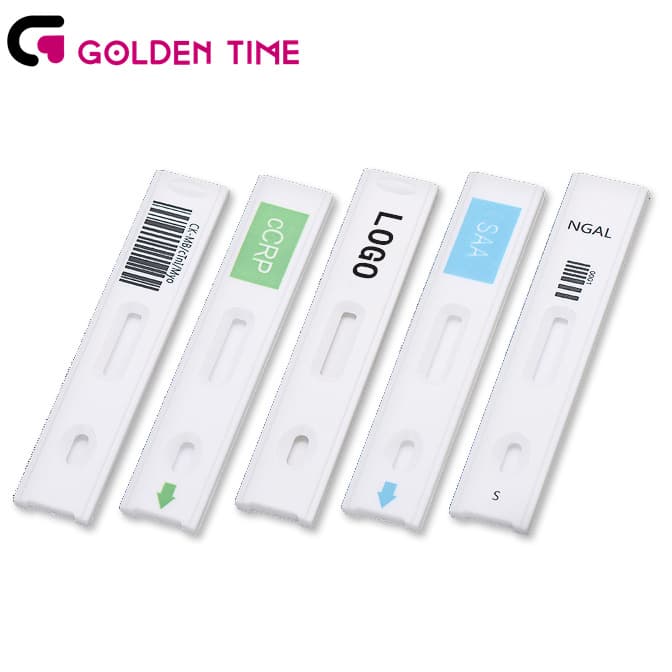Sep . 04, 2024 00:36 Back to list
hbsab test
Understanding HBsAb Test A Key Indicator for Hepatitis B Immunity
The HBsAb test, also known as the Hepatitis B surface antibody test, plays a crucial role in the monitoring and management of Hepatitis B virus (HBV) infections. This blood test measures the presence of antibodies against the Hepatitis B surface antigen (HBsAg), which is a protein on the surface of the virus. The presence of HBsAb in the blood indicates that an individual has developed immunity to Hepatitis B, either through vaccination or as a result of recovery from a past infection.
Importance of the HBsAb Test
The significance of the HBsAb test extends beyond merely determining immunity. It serves as a crucial diagnostic tool in several scenarios. For individuals who have been vaccinated against Hepatitis B, the presence of HBsAb is an essential indicator of the vaccine’s effectiveness. The World Health Organization recommends Hepatitis B vaccination as part of routine immunization for infants and children, and the HBsAb test ensures that these vaccinations provide the necessary protection.
Moreover, for those who have previously been infected with HBV, this test helps in assessing whether they have cleared the virus and developed sufficient immunity. Following acute Hepatitis B infection, most individuals recover and develop HBsAb. Therefore, checking for this antibody is a key step in determining an individual’s health status and the need for any further medical intervention.
hbsab test

Interpreting HBsAb Test Results
The results of the HBsAb test are typically straightforward to interpret. A positive result indicates that the individual has immunity to Hepatitis B, while a negative result suggests either susceptibility to the virus or a lack of response to a previous vaccination. In cases of a positive HBsAb result, it is essential to consider other markers, such as HBsAg and anti-HBc, to gain a complete understanding of the individual’s Hepatitis B status. A negative result in an otherwise healthy person may warrant further testing and possibly vaccination, especially for those at higher risk of Hepatitis B exposure.
Conclusion The Broader Impact of the HBsAb Test
The implications of the HBsAb test extend into broader public health considerations. Hepatitis B remains a significant global health concern, with millions of people living with chronic infection and at risk for severe complications, including liver cirrhosis and liver cancer. By utilizing the HBsAb test within vaccination programs and screening initiatives, healthcare providers can effectively monitor individual immunity levels, tailor prevention strategies, and contribute to the reduction of HBV transmission.
As awareness of Hepatitis B and its potential health impact grows, the HBsAb test remains an indispensable tool in the fight against this virus. Ensuring that individuals are aware of their Hepatitis B status through regular testing and vaccination will be critical for both personal health and public health initiatives aimed at curbing the prevalence of this serious disease.
-
Malaria Pf Ag Rapid Test Kit - Quick & Accurate Detection
NewsAug.11,2025
-
Accurate Cardiac Marker CK-MB Rapid Test for Quick Results
NewsAug.10,2025
-
Premium Empty ABS Plastic Cassette for Test Strips
NewsAug.09,2025
-
Sterile Urine Cup: Accurate Specimen Collection for Labs & Home
NewsAug.08,2025
-
Malaria Pf/Pan Ag Rapid Test Kit for Fast, Accurate Diagnosis
NewsAug.07,2025
-
Rapid Canine Corona Test: Fast & Accurate Results
NewsAug.06,2025

